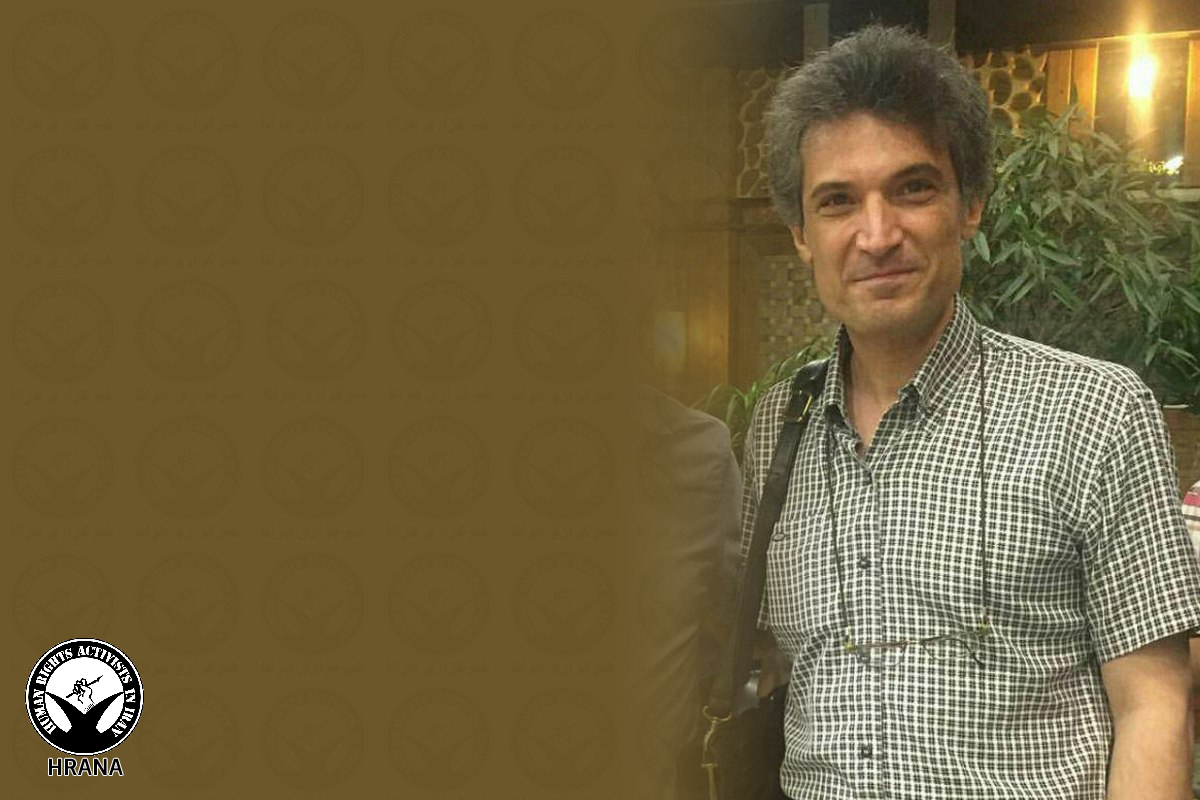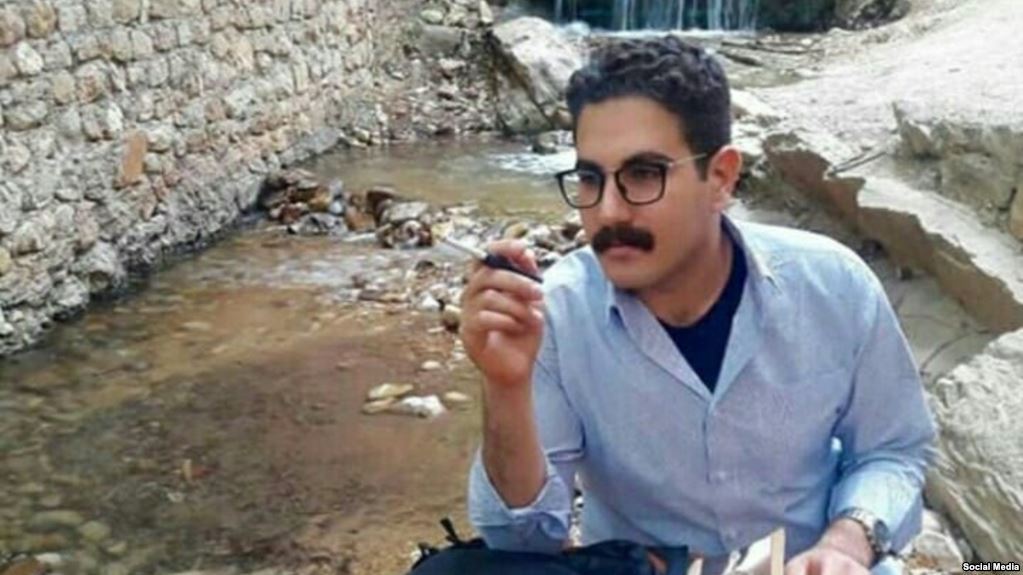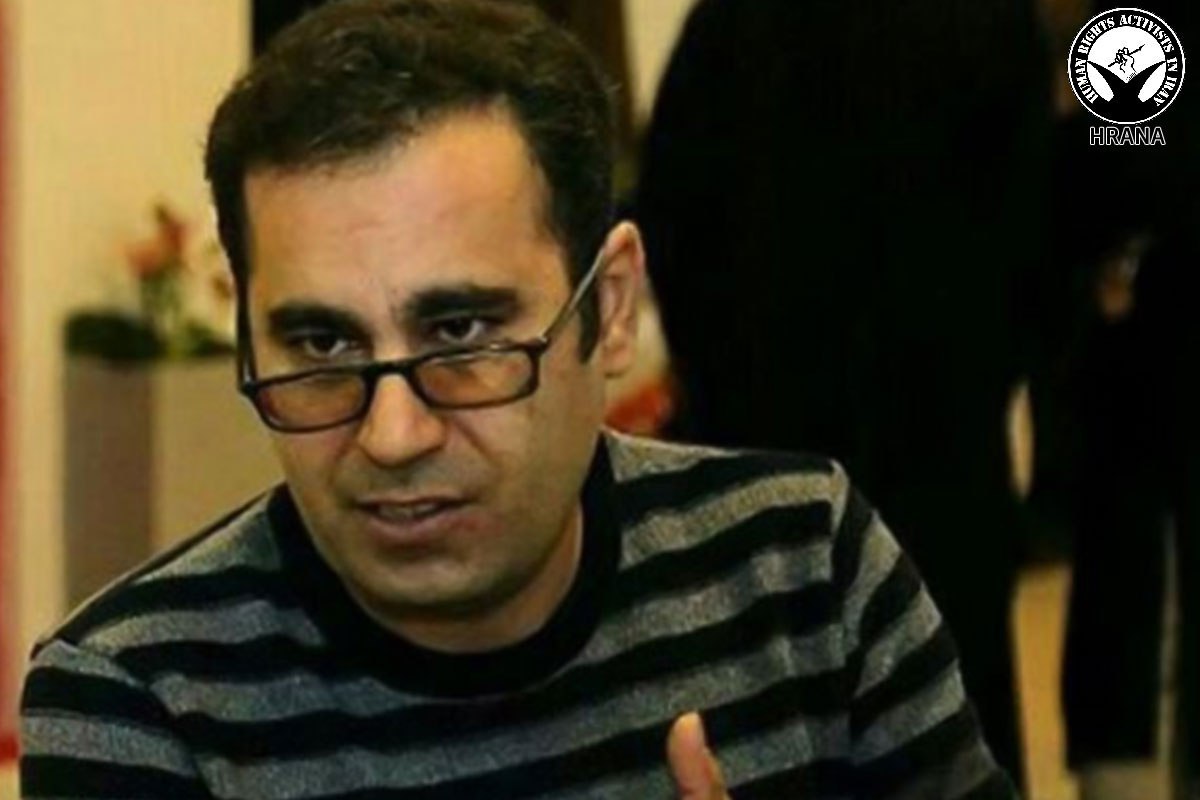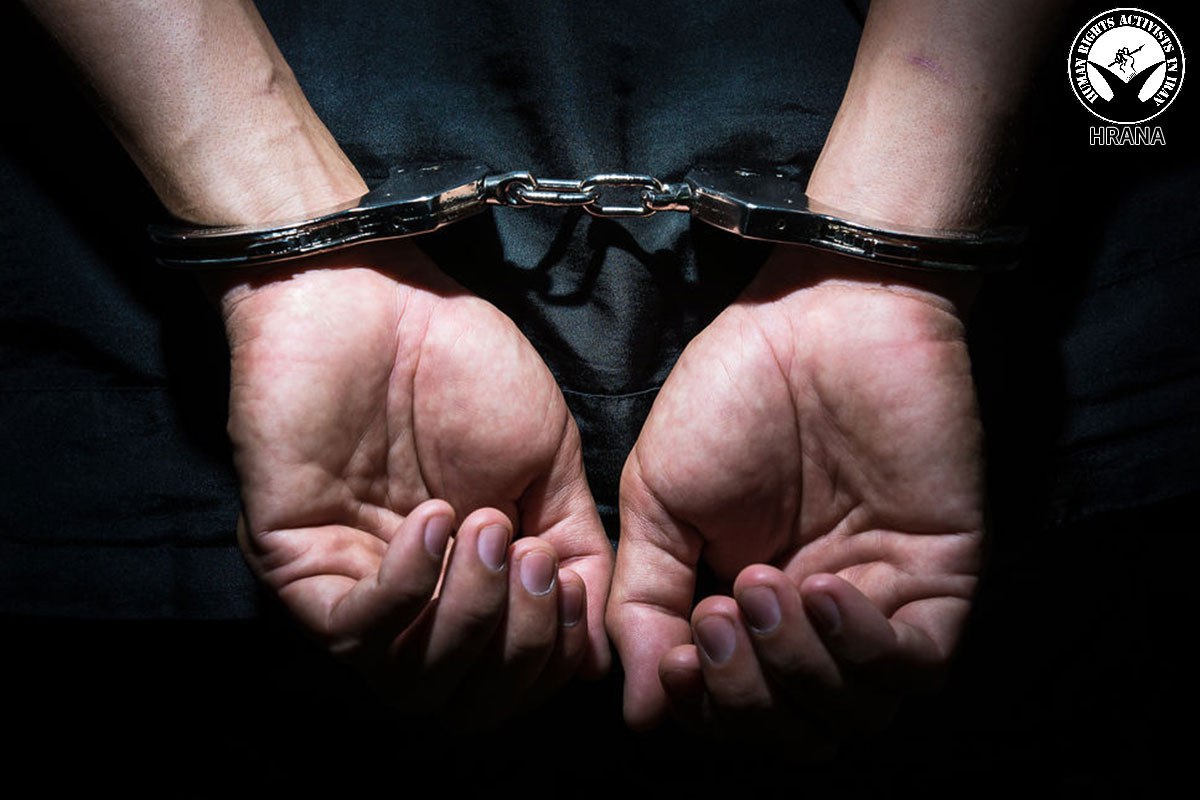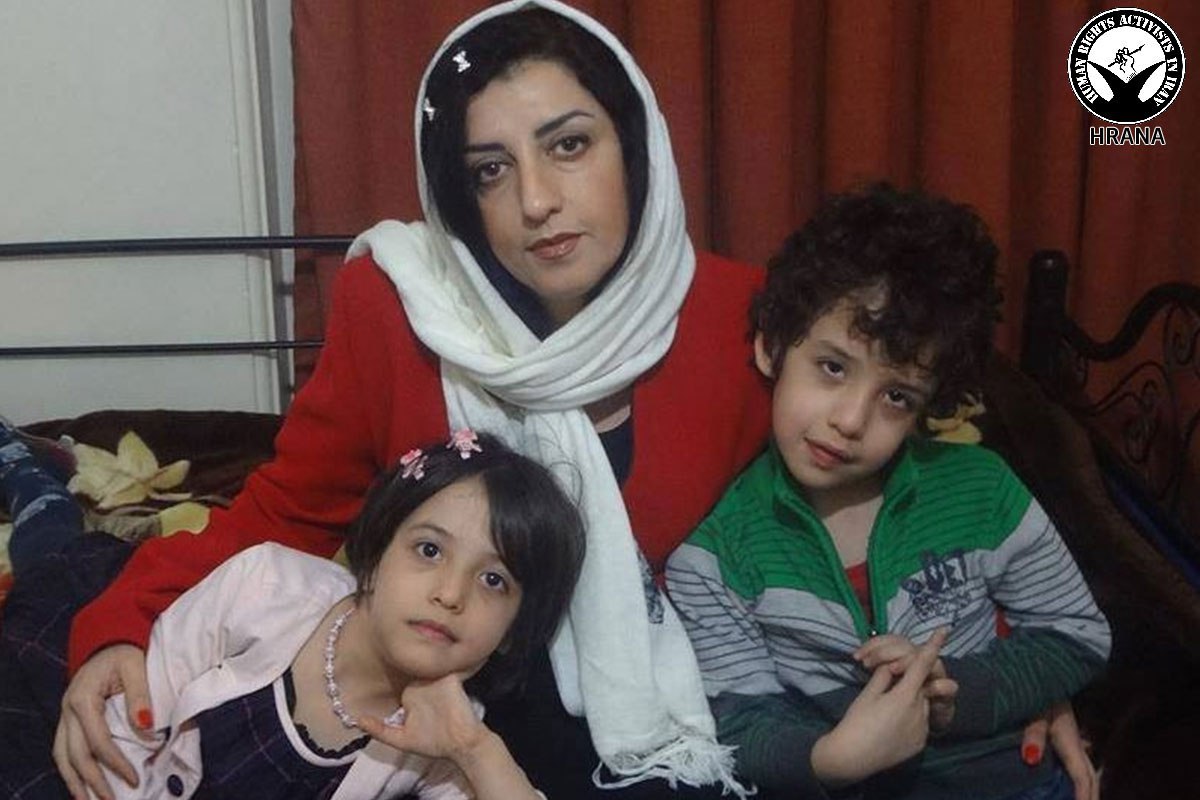Human Rights Activists News Agency (HRANA)- An investigation into the rape of a 28-year-old woman by Iranian Parliament member Salman Khodadai was recently halted by the Prosecutor General who, citing “lack of jurisdiction,” has declined to examine the case further.
HRANA has reported extensively on multiple rape and sexual assault allegations against Khodadadi, a member of Iranian Parliament (aka Majlis) representing Malekan, northwestern Iran, who also chairs the Parliament’s Social Committee.
In her long ordeal to seek justice, the plaintiff, a Malekan resident, filed charges against Khodadadi with the Prosecutor General of Malekan County. The Prosecutor General has now issued the decision that it will not be prosecuting her case.
The young woman has contacted and filed complaints with several government bodies, including but not limited to the Parliament Member (MP) Conduct Supervision Committee, All-Party Womens’ Group, Iranian Parliament Security Office, Revolutionary Guard Intelligence Office of Malekan, Intelligence Office of Malekan, and the Justice Ministry and Prosecutor General of Malekan. Thus far none have replied to her inquiries, nor to her request for an investigation. In fact, not only is Salman Khodadadi still serving as MP and chair of the Iranian Parliament Social Committee, but his tenure as the head of the Tehran Boating Federation was also renewed in August for an additional four-year term.
The plaintiff has repeatedly contacted the Guardian Council (an appointed body which vets candidates for elections and ratifies laws passed by Parliament), who was initially responsive, promising to investigate and even assist in procuring her a lawyer. On subsequent contacts, however, she was rebuffed and told that she would have to find her own lawyer and pursue the case on her own through the Prosecutor’s office.
The reactions of the Guardian Council and Parliament Security Office raise concerns over these bodies’ ability to perform their functions without bias, as Khodadadi thus far remains immune to legal pursuit.
The stonewalling of the parliamentary security office and contradictions of the Guardian Council compelled the alleged victim to file a complaint with the General Prosecutor of Malekan, where she was interrogated for several hours by the Ministry of Intelligence and IRGC Intelligence agents. At the conclusion of her questioning, authorities agreed to launch an investigation on the condition that she refrain from speaking to the media. The Prosecutor agreed at that time to press charges against Khodadadi.
Despite all the promises and engagements secured through her multiple follow-ups, the Prosecutor’s office decided not to move forward, citing lack of jurisdiction.
The text of their decision reads:
“With regards to the accusation of rape, harassment, psychological abuse, threats, and insults which are the subject of the complaint filed by Ms….. daughter of …., the accused is nonetheless a Member of Parliament. Notwithstanding potential veracity of the charges, based on section 307 of the Criminal Procedure Code, an investigation into offenses committed by deputies is the jurisdiction of the Tehran Criminal Court. Consequently, this prosecution office recuses itself from prosecuting this case, in favor of the jurisdictional authority of the Tehran Criminal Court.”
Mehdi Ali Moradi
General and Revolutionary Prosecutor of Malekan
The plaintiff sought the assistance of other parliamentarians, but to no avail. The SMS screen captures below show her correspondence with various MPs. Offering only a glimpse into their communications, the content of the messages indicate the plaintiff’s repeated attempts to plead her case with officials.
The first screenshot shows parts of her conversation with Mahmoud Sadeghi, an outspoken reformist MP, in which he advises her to contact the MP Conduct Supervision Committee.

After HRANA published an audio file of a conversation between Khodadadi and one of his alleged sexual assault victims, state-run news agency Etemad Online followed up in interviews on July 24th with two prominent officials: Parvaneh Salahshoori, head of the All-Party Womens’ MP Group, and Jamali Nobandegani, spokesperson for the PM Conduct Supervision Committee. In the report of these interviews, both denied ever receiving complaints against Khodadadi and added that in presence of any incriminating evidence would file a formal complaint.
The alleged victim proceeded to follow up with Salahshoori herself, providing her with further case documentation. Upon receipt of the documents, Salahshoori promised to follow up with the case and submit a correction to her statements made with Etemad Online. When the plaintiff checked in with Salahshoori five days later, she replied simply that she was “no longer with the All-Party Womens’ Group.”
Excerpts of their exchanges are below.

The plaintiff repeatedly contacted Ali Mottahari and Masoud Pezeshkian, who are Parliament deputy speakers that preside over the MPs’ Conduct Supervision Committee per internal Parliament protocol. In their most recent response to her, they indicate that the Committee will not be intervening in the case, and advised her to resolve the issue directly with Salman Khodadadi, her alleged sexual aggressor. This effectively discouraged her from pursuing the matter further.
The plaintiff had also confronted Tehran MP and Etemad Daily managing director Elyas Hazrati, requesting that he reveal the sources of his publication’s aforementioned report in which heavyweight interviewees denied the existence of her claims.

The Guardian Council, which has frequently come under the fire of media and public opinion for allegations of corruption in its vetting of parliamentary candidates, has recently published a documentary in collaboration with Fars News Agency — which has strong ties to the IRGC — to justify their screening process. Entitled “Very Confidential,” the documentary cites factors for disqualifying candidates, including criminal records and charges of rape, and features interviews with Guardian Council members who insist that the Council conducts its candidate background checks with the utmost scrutiny.
Salman Khodadadi has several times run and been elected as an MP, successfully passing the vetting process, despite a record of charges against him that include illicit sexual relations and rape.



